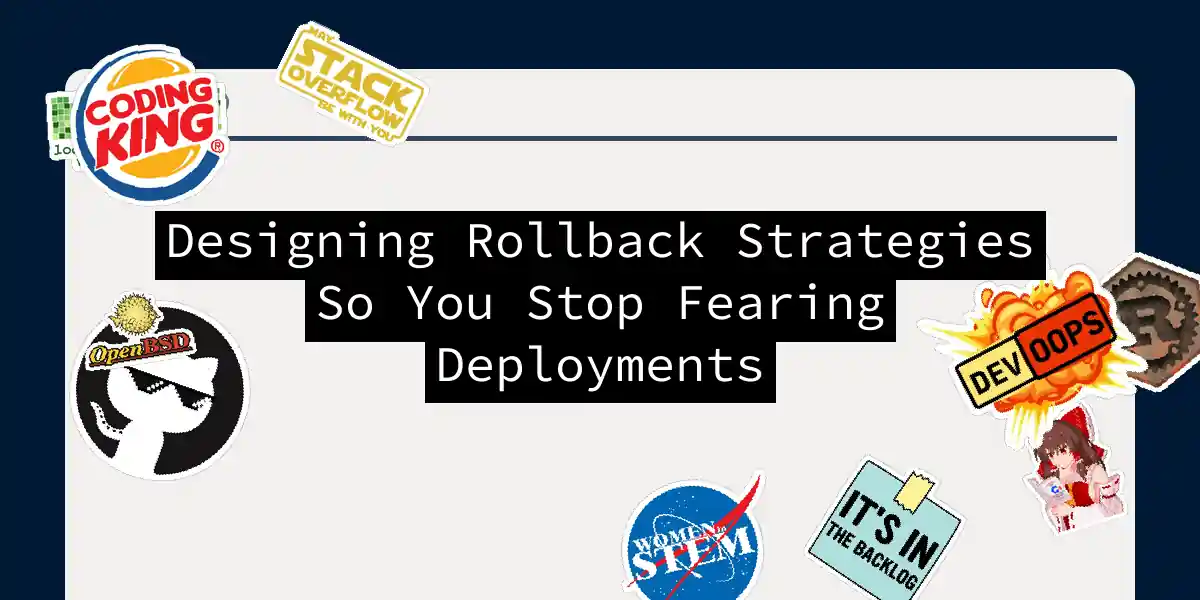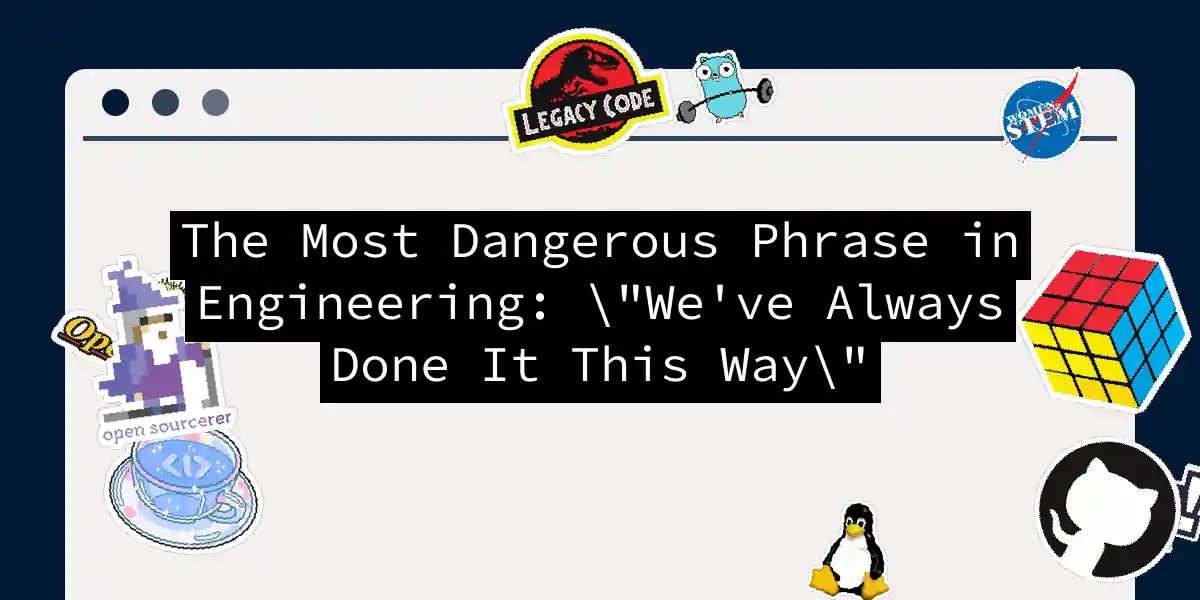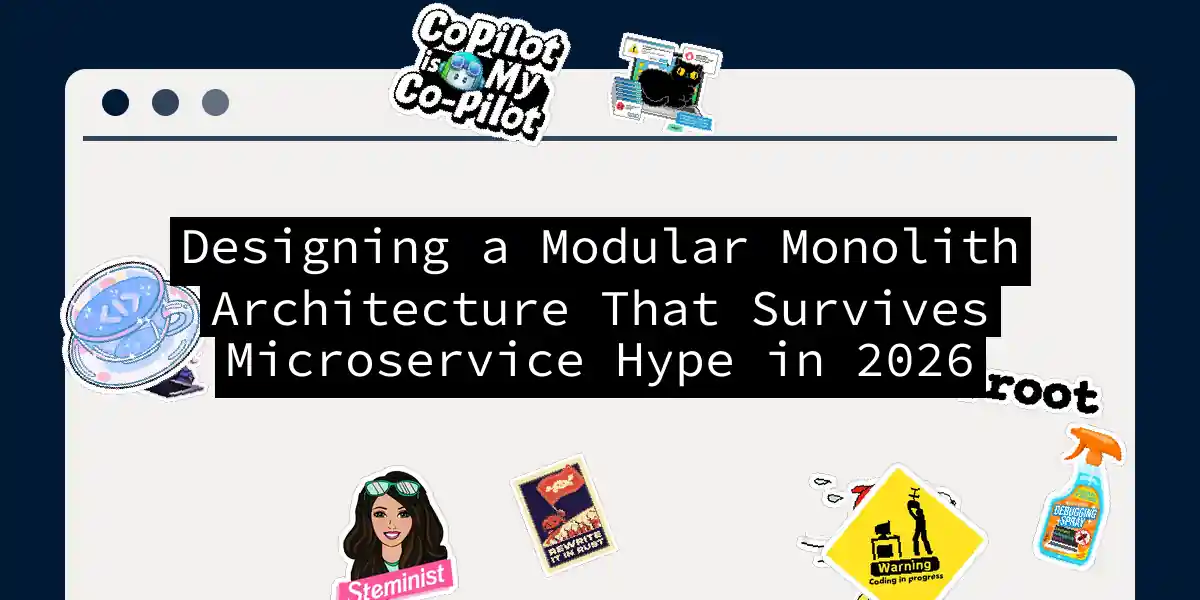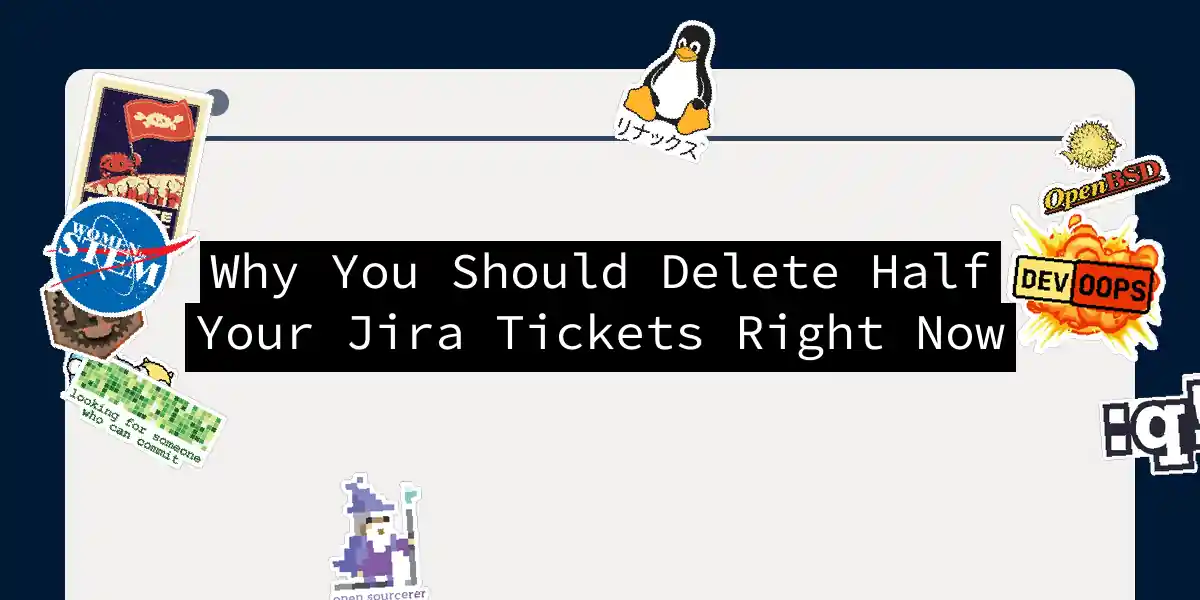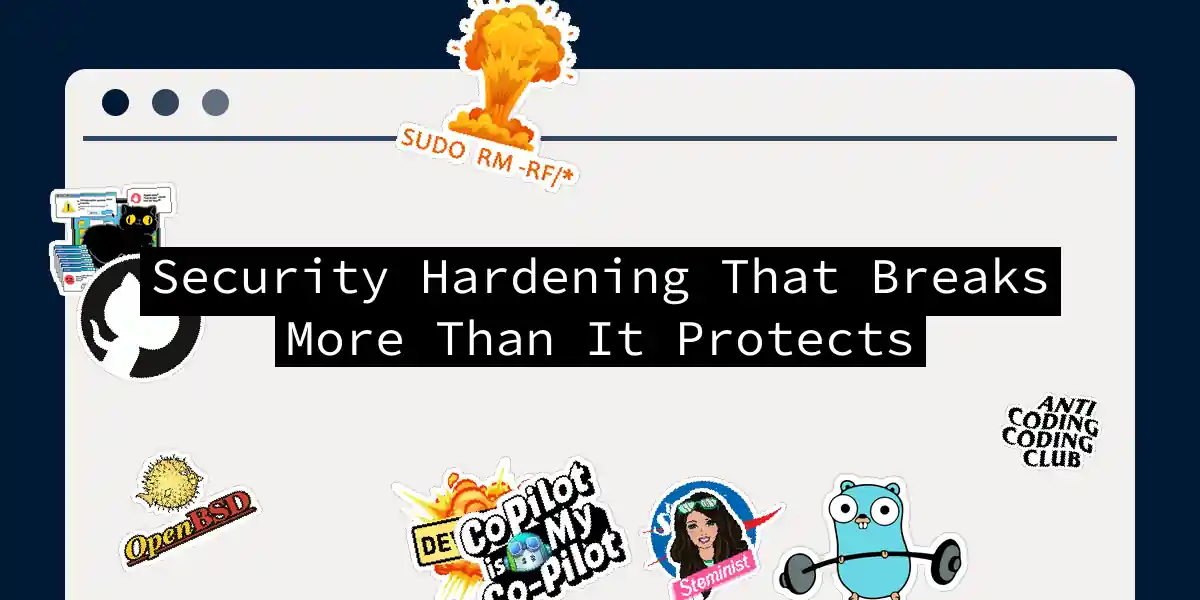
Security Hardening That Breaks More Than It Protects
You know that feeling when you tighten a bolt so hard it strips the threads? That’s basically what happens when security teams, armed with the best intentions and a mandate to “harden everything,” implement sweeping security measures without understanding the cascade of chaos they’re about to unleash. We’ve all been there—or we will be soon—staring at a security dashboard that’s somehow making the organization less secure while exhausting everyone involved. The dirty secret nobody wants to admit: security hardening often creates the very vulnerabilities it’s supposed to prevent....
